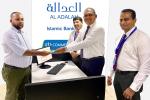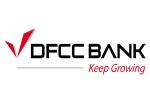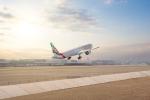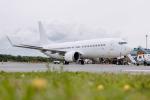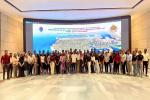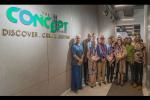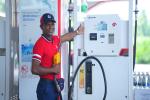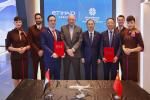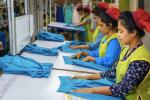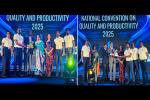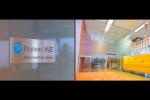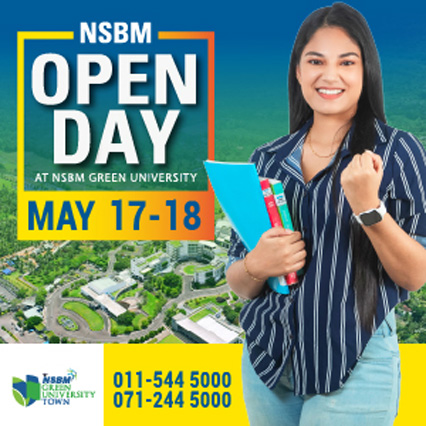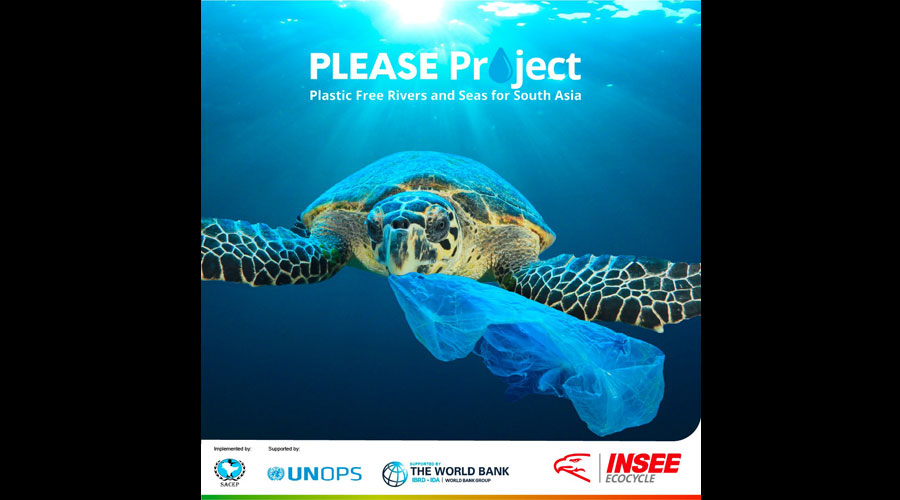This project will enable INSEE Ecocycle to implement groundbreaking initiatives to reduce plastic pollution in Sri Lanka.
Sri Lanka faces a significant challenge with mixed plastics that cannot be recycled due to their complex composition, including materials like metal, rubber, and paper.
This complexity makes it costly and challenging for recyclers to process this waste, leading to large amounts of plastic waste being dumped in Landfills.
INSEE Ecocycle will work closely with the community to tackle this challenge during this project.
The project's core will be the establishment of a women-led Material Recovery Facility (MRF) in Puttalam.
This facility will convert recyclable plastic waste into valuable resources.
By diverting these materials into the production process, the project aims to bridge the gap by replacing virgin raw materials with recycled ones, contributing to circular economy practices.
The PLEASE Project is funded by the World Bank and implemented by the South Asia Cooperative Environment Program (SACEP) with support from The United Nations Office for Project Services (UNOPS).
It aims to catalyze actions that reduce the flow of plastic pollution into South Asian seas.
With over two decades of expertise, INSEE Ecocycle has emerged as a game changer in waste disposal, recovery, and overall waste management solutions in Sri Lanka.
“We are honoured to collaborate with the PLEASE Project.
Plastic waste has infiltrated every corner of our marine environments, devastated ecosystems, and endangered marine life,” says Sujith Gunawardhana, INSEE Ecocycle’s General Manager.
“We can help turn the tide against the plastic pollution issue in Sri Lanka while empowering women and local communities”.
Establishing the women-led MRF will provide employment opportunities and a stable income source for local women, uplifting their livelihoods and contributing to the community's overall economic development.
By empowering women and offering them financial independence, the project aims to reduce poverty and enhance the quality of life for families in the region while promoting gender equity and diversity.
The stringent segregation process, thorough washing, and quality control measures will also increase the market value of recycled plastics, creating a viable economic model.
The project extends beyond plastic recycling by incorporating the collection and sale of other recyclable materials, such as metals and tyres.
This diversification ensures a self-sustainable business model that addresses both environmental and economic sustainability.
Multiple beach and lagoon cleanup programs are planned during the project to improve community engagement and awareness of proper waste disposal.
The project includes joint workshops with packaging manufacturers to raise awareness about the circular economic model and the financial benefits of improved recycled packaging.
This engagement aligns with upcoming Extended Producer Responsibility (EPR) policies in Sri Lanka and plastic credit initiatives, fostering a deeper commitment to sustainable practices.
South Asia generates 334 million metric tons of solid waste annually, of which nearly 70 to 80% end up in the ocean.
Of this, 12% is plastic.
The PLEASE Project strives to create a cleaner and more sustainable environment for future generations by supporting innovative solutions to tackle plastic pollution in regional water bodies.
